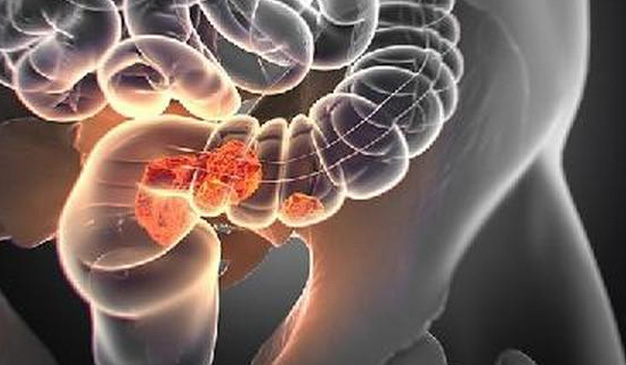
January 02, 2024
Rectal cancer is a common malignant tumor of the digestive system, and its incidence rate is increasing year by year. For patients with suspected rectal cancer, early and accurate examination is very important. So, what tests should be done?

First, the most basic test for patients with suspected rectal cancer is a colonoscopy to examine the rectum and colon. Colonoscopy is an examination method that uses flexible optical fiber technology to insert optical fibers into the rectum and colon to observe the internal conditions. Colonoscopy can directly observe changes in the rectal mucosa and colon mucosa, and biopsies can be obtained for pathological examination. If a suspicious mass or polyp is found during a colonoscopy, a biopsy is usually performed immediately. Colonoscopy is currently the most accurate and effective method for diagnosing rectal cancer. However, because colonoscopy takes a long time, is invasive and uncomfortable, patients need to prepare in advance and follow their doctor's instructions.
In addition to colonoscopy, barium imaging is also an option. A barium angiogram is an examination in which a liquid containing barium is injected into the rectum and colon through the anus and X-rays are used to observe the internal conditions. Barium radiography can help doctors detect the presence of rectal cancer by showing the volume, contour, function and other characteristics of the intestinal cavity. Compared with colonoscopy, barium contrast examination is simpler, but it is not as accurate as colonoscopy in diagnosing early-stage rectal cancer. Therefore, when other examination methods cannot meet the requirements or the patient cannot undergo colonoscopy, barium contrast examination can be considered.
In addition, for people who have a family history of rectal cancer and are older than 50 years old, regular stool examinations can be performed to screen for rectal cancer. Routine stool examination mainly detects occult blood in the stool to initially determine whether there may be rectal cancer. However, there may also be a certain amount of occult blood in the stool of normal people. Therefore, routine stool examination has a certain misdiagnosis rate and needs to be combined with other examination methods for comprehensive judgment.
In short, for patients with suspected rectal cancer, colonoscopy is currently the most accurate and reliable diagnostic method and should be performed first. Barium contrast examination and routine stool examination can be used as auxiliary means for preliminary screening or in certain situations where colonoscopy is not convenient. The most important thing is that patients with any suspected symptoms should seek medical attention as early as possible and receive evaluation and guidance from professional doctors so that diagnosis and treatment can be determined as early as possible.